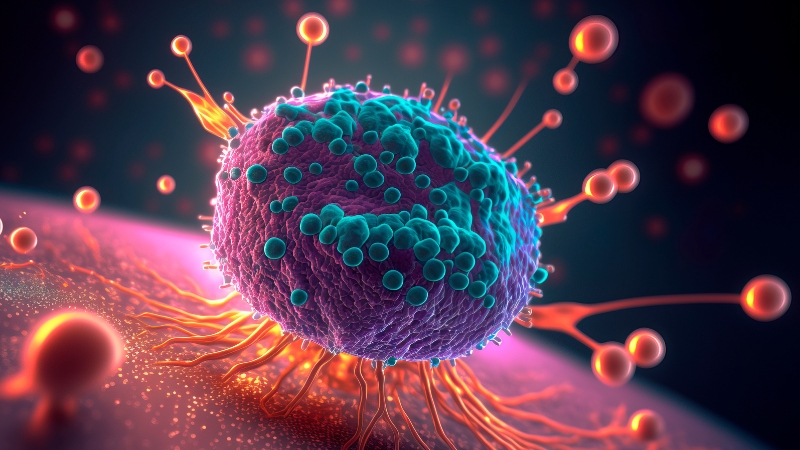Medical Oncology"Understanding and Managing Cancer through Specialized Studies."

We offer complete medical oncology services at our institution, which include diagnosis, treatment, and compassionate care. Undoubtedly, receiving a cancer diagnosis is difficult, but with the correct medical oncology approach, we want to support patients as they work toward their recovery. This section will cover what medical oncology is, why you might need these services, possible difficulties, and how we set ourselves apart as the industry's leading provider of services.
What Is Medical Oncology?
A specialty area of medicine called medical oncology is devoted to the identification, treatment, and control of cancer. Medical oncologists are the specialists in this field of oncology who use a multidisciplinary approach to give patients with different forms of cancer complete care.
Why Medical Oncology is Essential?
- Accurate Diagnosis: Identifying the kind and stage of cancer by use of accurate assessments.
- Tailored Treatment Plans: Developing customized therapeutic approaches, including as immunotherapy, chemotherapy, and targeted therapy.
- Multidisciplinary Collaboration: Coordinating with surgical and radiation oncologists for a comprehensive care approach.
- Treatment Monitoring and Adjustments: Frequent evaluations to track the efficacy of treatment and make required modifications.
- Supportive Care: During therapy, controlling cancer-related symptoms can improve general wellbeing.
- Psychosocial Support: Providing emotional and psychological support for patients and their families.
- Survivorship Planning: Supporting follow-up care and long-term survivorship care.
- Monitoring for Recurrence: Vigilant care and close observation for indications of cancer recurrence.
Possible Risks:
Treatment for medical oncology usually carries little hazards. But throughout treatment, people could feel a little uncomfortable, tired, or have other adverse effects. Throughout the course of the therapy, our medical professionals keep a close eye on your development and respond to any worries or inquiries that may come up.
Treatment Steps in Medical Oncology:
- Assessment: A thorough assessment conducted by a medical team, which may include medical oncologists, to identify the kind and stage of cancer.
- Diagnosis and Acute Care: As part of the initial treatment plan, patients may receive immunotherapy, chemotherapy, surgery, or other therapies to manage the disease's immediate symptoms.
- Treatment Planning: Development of a personalized treatment plan tailored to the specific characteristics of the cancer.
- Medical Interventions: As part of the treatment strategy, the administration of drugs such as immunotherapy, chemotherapy, or targeted therapy.
- Rehabilitation: Rehabilitative and supportive care to address the psychological and physical side effects of cancer treatment.
- Lifestyle and Wellness: Emphasis on leading a healthy lifestyle to enhance general well-being, which includes quitting smoking, maintaining a balanced diet, and getting frequent exercise.
- Supportive Measures: Support that helps patients and their families deal with the psychological and emotional effects of cancer therapy.
- Monitoring and Follow-up: Regular monitoring for treatment effectiveness, side effects management, and long-term follow-up to address any emerging concerns.
We are pleased to provide cutting edge medical oncology services. Our devoted group of medical professionals is committed to offering cutting-edge, considerate care. We are here to support the healing process whether you or a loved one is dealing with cancer. Get in touch with us to find out more about the all-inclusive care and cutting-edge therapies our hospital offers.
Top Asked Questions and Answers:
FAQ (Frequently Asked Questions):
+91-9144411108
Emergency Cases

